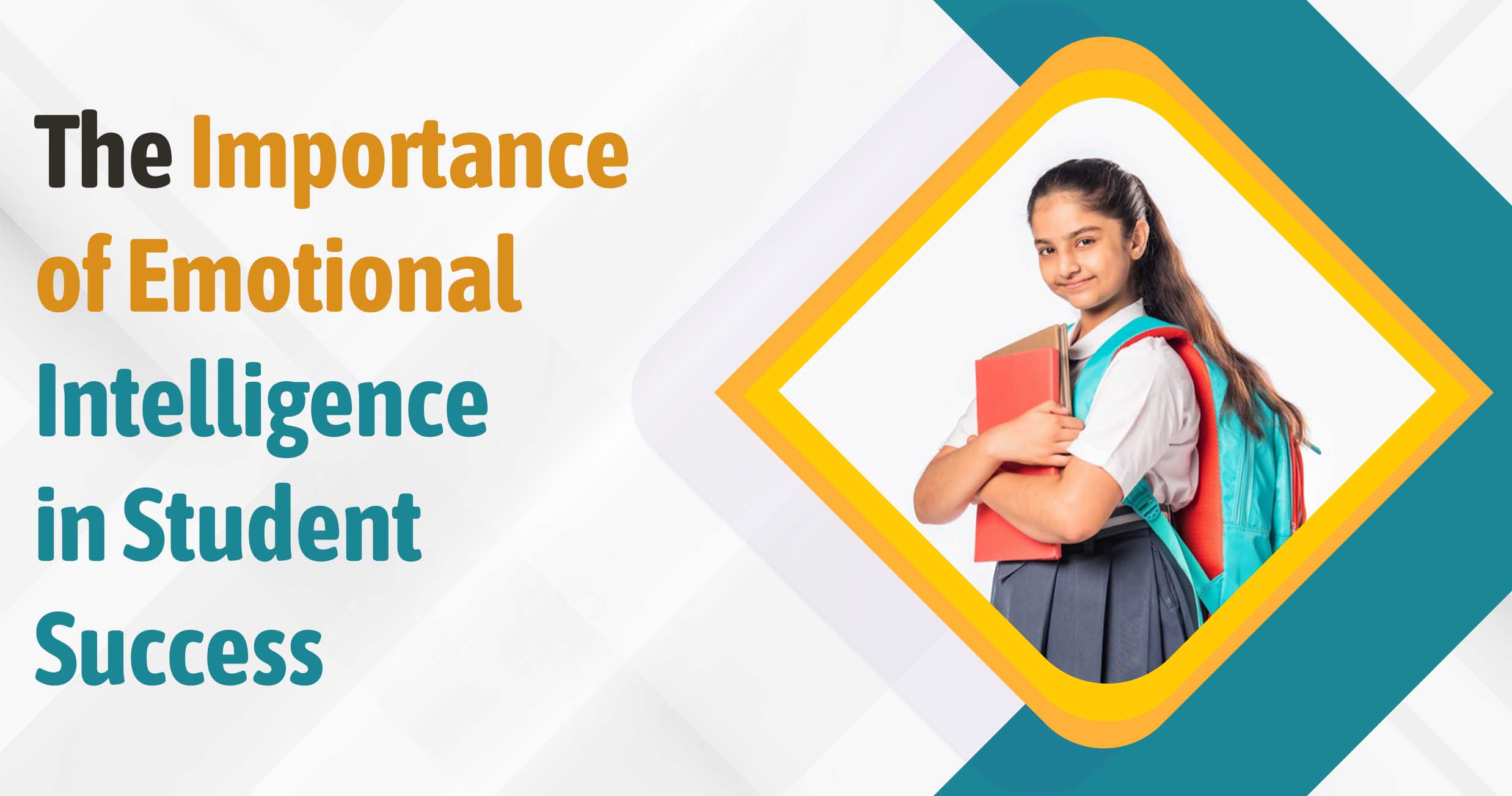
Education extends beyond textbooks and exams. While academic knowledge is crucial, understanding emotions plays a vital role in a student’s life. Emotional intelligence in education helps students navigate social complexities, manage stress, and make informed decisions. By focusing on emotional growth, schools can prepare students for real-world challenges. This approach enhances personal development and contributes to better academic performance.
Let’s explore how emotional intelligence impacts student success and why it’s essential in modern education.
Emotional intelligence refers to the ability to recognize, understand, and manage one’s emotions and empathize with others. In education, it means helping students develop these skills to improve their interactions and learning experiences. Emotional intelligence in education fosters a supportive environment where students feel valued and understood.
When students are emotionally intelligent, they can:
These skills are essential for personal growth and academic achievement. Schools that prioritize emotional learning create a positive atmosphere conducive to success.
Traditionally, education has focused on the Intelligence Quotient (IQ) to measure a student’s potential. However, the Emotional Quotient (EQ) is equally essential. EQ vs IQ in student development highlights the need for a balanced approach.
While IQ contributes to logical reasoning and problem-solving abilities, EQ affects how students manage emotions and relate to others. High EQ can enhance the application of IQ by enabling better collaboration and adaptability.
Consider the following:
Balancing EQ and IQ ensures holistic development, preparing students for academic and life challenges.
Developing emotional skills is crucial for students to thrive. Emotional skills for student success include self-awareness, empathy, and emotional regulation. These skills help students understand their feelings and respond appropriately.
Critical emotional skills include:
By nurturing these skills, students become more resilient and adaptable. They can handle setbacks and persist in facing challenges, leading to better outcomes in school and beyond.
Incorporating emotional learning into the curriculum is essential. Teaching emotional intelligence in schools involves deliberate strategies to help students develop these vital skills.
Effective methods include:
By adopting these approaches, schools empower students to develop emotional intelligence, improving academic and social outcomes.
At SIS Ajmer, we recognize the importance of emotional growth in education. As one of the leading schools in Ajmer, we are committed to fostering a nurturing environment. Our programs are designed to develop both academic prowess and emotional intelligence.
Our strategies include:
By focusing on these areas, Ajmer schools like ours ensure students are well-equipped for future success. We believe that emotional intelligence is critical to developing dynamic and innovative leaders.
There’s a strong link between student success and emotional intelligence. Students who manage their emotions are likely to perform academically and socially. They can handle pressure, stay motivated, and build meaningful relationships.
Benefits of high emotional intelligence in students:
Schools that emphasize emotional learning help students unlock their full potential. This approach prepares them for exams and life’s various challenges.
Emotional intelligence is a critical component of modern education. By integrating emotional learning, schools can significantly enhance student success. It’s not just about achieving high grades but developing well-rounded individuals capable of leading and innovating.
At Satguru International School, we are dedicated to this mission. As the best CBSE school in Ajmer, we strive to nurture children into dynamic and innovative future leaders. Our commitment to emotional intelligence sets us apart, ensuring our students are prepared for all aspects of life.
We invite you to join us in this journey of holistic education. Together, we can build a brighter future for our children.